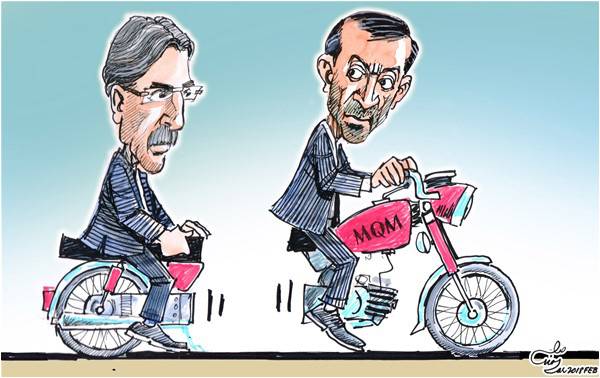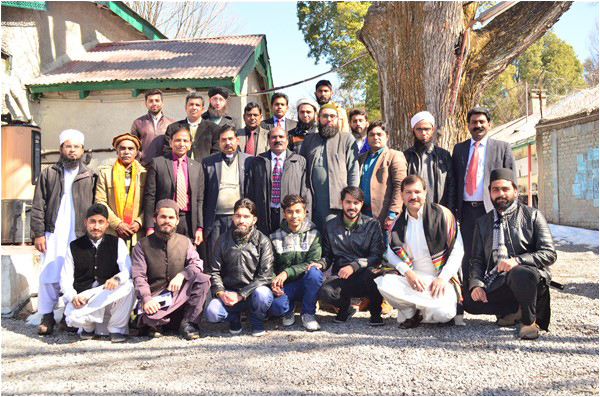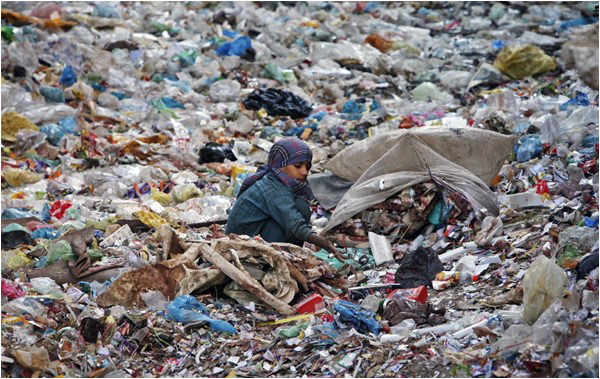
Training for the pulpit
Sir,
The Diocese of Raiwind, Church of Pakistan has been working on the government’s Paigham-e-Pakistan initiative, which was launched on January 16, 2018 as a national narrative on extremism and terrorism to reject extremism, sectarian hatred and the use of force to impose Shariah.
The peacebuilding department of the Diocese gathered 23 religious scholars and influential leaders from the Christian, Muslim, Hindu and Sikh faiths. A diverse group was formed of leaders from Barelvi and Deobandi schools of thought. The Christians were from Catholic, Protestant and other denominations. A three-day training session was organized in Murree.

“It is imperative to engage religious leaders from different faith communities who can influence people at the grassroots level,” said coordinator Noman Sajjad.
The training was divided into sessions led by Rev. Emanuel Khokhar and Rev. Samuel Nawab from the Diocese, Ali Tariq from IIU, Munir Ahmed from QaU, Amir Hussain from Jamia Naeemia. The religious leaders were given a line of action to use at the pulpit of the mosque, church and temple.
Noman Sajjad,
Via email.
Y in Unity
Sir,
The ‘Y’ of UNITY is missing at Three Swords or Teen Talwar in Clifton, Karachi. The Three Swords are a symbolic monument, can someone please share this with the relevant authorities so that they can fix it. Thank you.
Muhammad Umair Nizam,
Facebook.
Trash to treasure
Sir,
Globally, municipal waste has touched the 1.3 billion ton a year mark and is expected double by 2025. This would entail a significant increase in per capita waste generation rates, from 1.2 to 1.42 kg/person/day in the next decade. The trend is worse in Asian countries where management practices do not meet standards.
Pakistan is one of these countries. We generate 20.24 million tons annually. This has made SWM a daunting task. It goes hand in hand with a lack of urban planning, infrastructure, public awareness and mismanagement of existing resources.
The cliché is reduce, reuse and recycle when it comes to worst-case scenarios. In the Global North, recycling has been adopted as sustainable practice in order to minimize environmental degradation. Lately, Europe and the US are recycling their waste about 41% and 32%. China is also investing 6.3 billion dollars and making commendable efforts to achieve 30% recycling of its waste by 2030.

Plastic recycling in China is divided into three categories i.e. industries, agricultural and household, which can be either recycled or recovered as energy. Sweden is almost at its best and claims to recycle more than 99% of household waste in one form to another. The most surprising to know that it imports 700,000 tonnes of waste from other countries to meet it needs.
Waste is segregated at source by households and no waste is let to make its way to the landfill e.g., newspapers are converted into paper mass, plastic for plastic raw material and many other uses while organic waste is turned into compost or biogas.
At the other end of the spectrum, some local companies in Pakistan are engaged in plastic recycling – that only reflects the 2%. The rest of the waste makes it way to dumping sites and open heaps. Waste is directly being used for the production of electricity and heat in countries like Turkey and Japan.
Haider Ali,
Urban Sector Planning & Management Service Unit
MPhil, Environmental Science, GCU.

